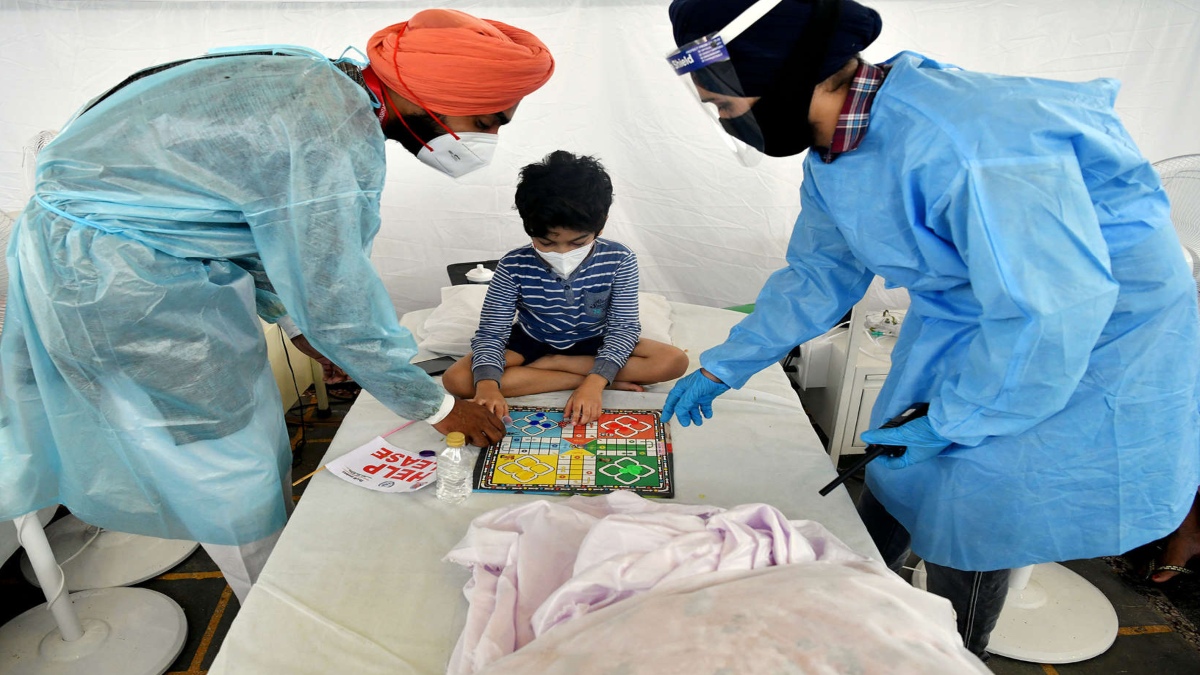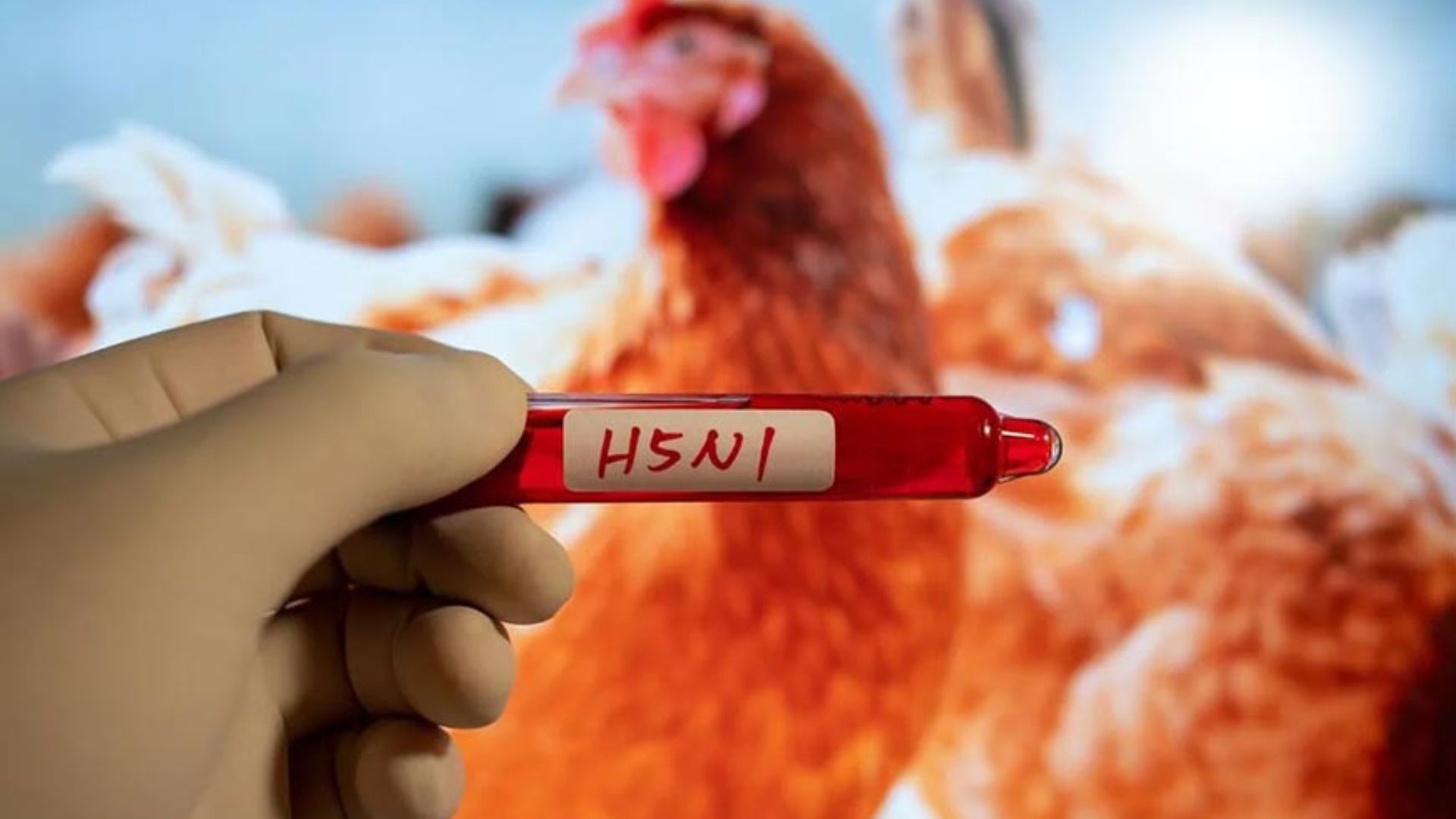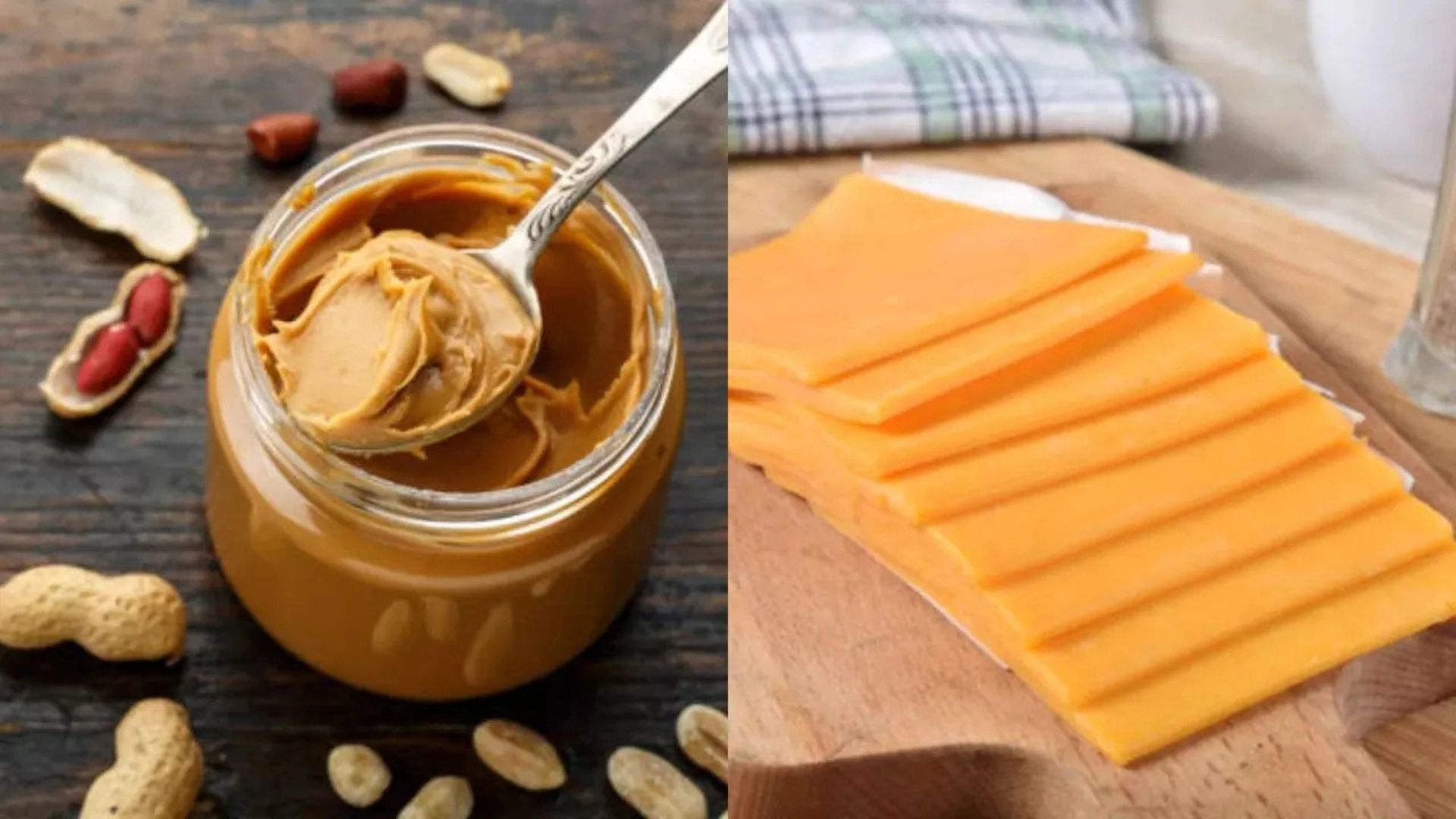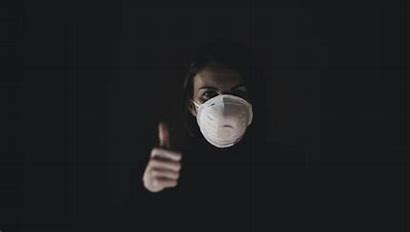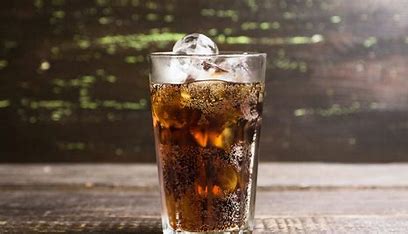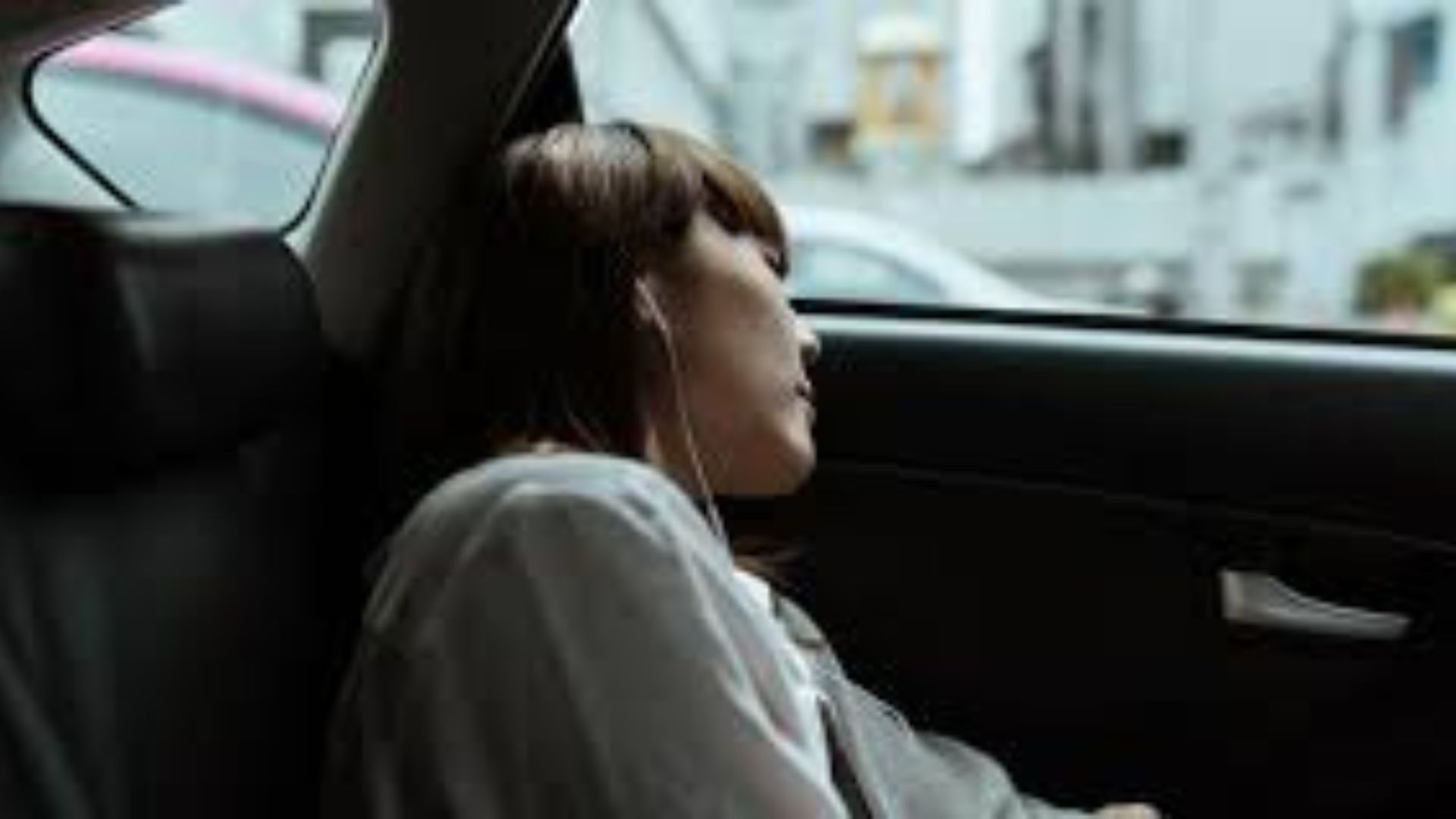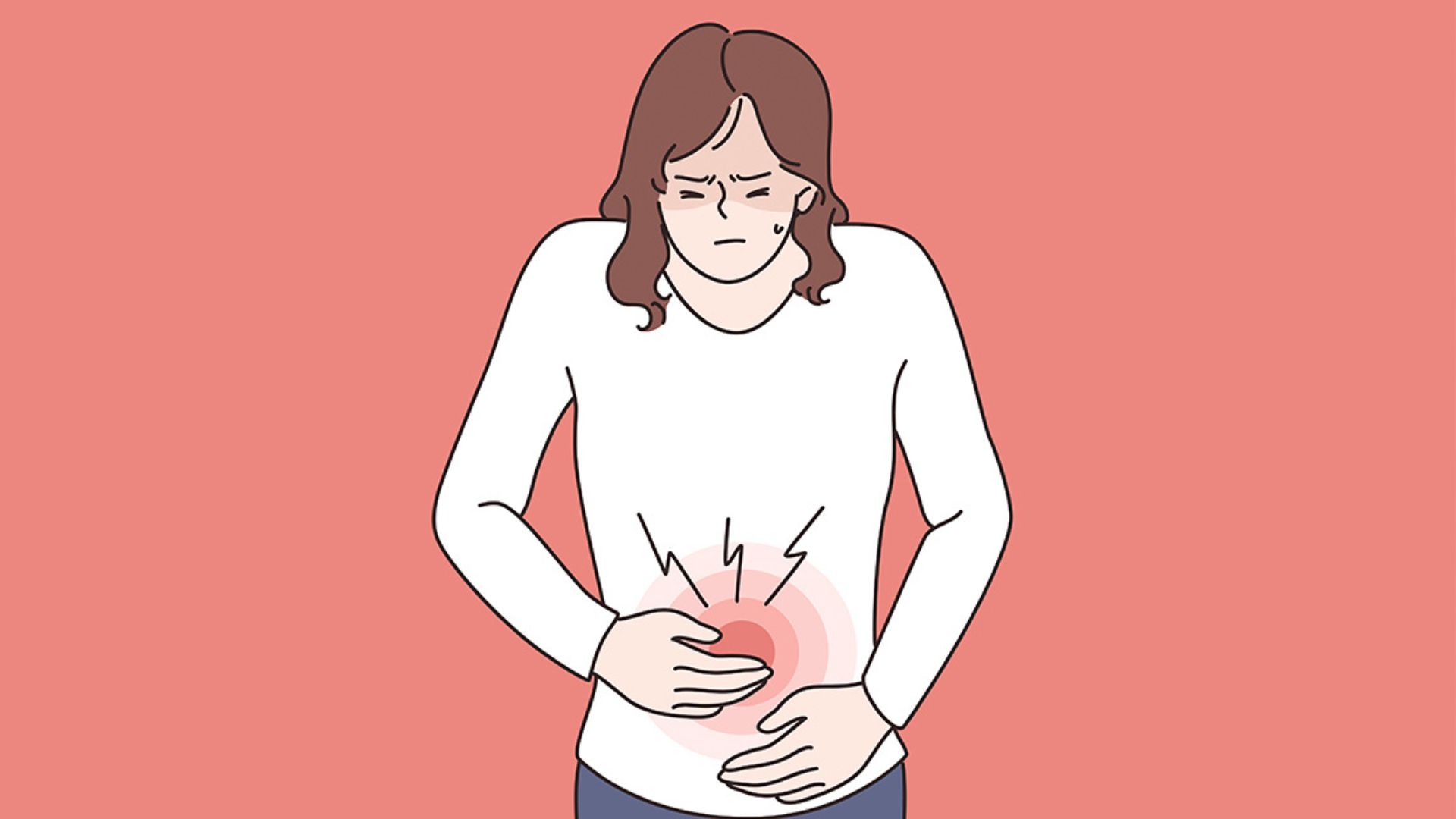The Union Health Ministry recently issued certain guidelines to manage Covid-19 in children. This comes amid speculations that children can be a possible target of the third wave of Covid. The Ministry, in the guidelines, has said that Remdesivir is not recommended for children, and steroids should be used to treat only moderately severe and critically ill Covid positive children.In the recommendations, the government has stressed the use of a six-minute walk test on children above 12 and oxygen therapy as well as the Corticosteroids therapy in cases of children with severe Covid-19. Let’s understand what the terms in the guidelines mean and how they are going to be beneficial in treating Covid positive children.
Talking about Covid-19 in children, Dr Sarthak Chakravarty, General Physician, Dr Sarthak’s Clinic, New Delhi says, “Usually, children from 2 yrs to 12 yrs of age do not show many symptoms with regards to Covid-19 infection. Children with Covid may be an asymptomatic, mildly symptomatic, moderately sick or severe illness. Asymptomatic children are usually identified while screening if family members are identified. Such children do not require any treatment except monitoring for the development of symptoms and subsequent treatment according to assessed severity.”
“Children with mild Covid may present with sore throat, rhinorrhea, and cough with no breathing difficulty. Few children may have gastrointestinal symptoms also. Such children do not need any investigations. In such mild and moderate cases where children may display a slight fever or cough that may not last for more than two to three days, only symptomatic treatment and home remedies are required. For fever, give paracetamol syrup as required (can be given every five to six hours), for cold and cough give cough syrups two to three times a day,” adds Dr Sarthak.
Guidelines stipulated by the Government of India on the management of Covid-19 in children for the third wave are synonymous with the guidelines formulated by local bodies (Karnataka IAP chapter) and national bodies (central IAP) since the pandemic started which encompasses the role of radiology in the diagnosis of RT PCR negative Covid, says Dr Srikanta J T, Consultant, Paediatric Pulmonology, Aster RV Hospital, Bengaluru.
“Fortunately, till now, less than 1 % of the children affected have had severe covid disease. Typically, children with the severe covid disease have background medical conditions and develop breathing difficulty with low oxygen levels. Treatment will warrant hospital admission with HDU/ICU facility. The mainstay of treatment is supportive care with oxygen, ventilation, fluid management, and timely judicious use of steroids,” shares Dr Sanjeeva Reddy, Consultant Paediatrics, PICU, and Neonatology, Manipal Hospitals Whitefield, Bengaluru when asked about his advice on treating children with severe Covid-19.
Why is Remdesivir not being recommended for children with severe Covid-19? Dr Sarthak replies, “Remdesivir Injection is a broad-spectrum antiviral medicine. It is used for the treatment of suspected or laboratory-confirmed Covid-19 in adults hospitalised with severe disease. The medicine decreases the viral load in the body and speeds up the recovery process. It works by inhibiting an RNA-dependent enzyme called RNA polymerase that helps the SARS-CoV-2 virus make more copies of itself. It is given as an injection into veins under the supervision of a doctor. You should take this medicine only at the prescription of your doctor. Take it only as per the dose and duration suggested by your doctor. You should not self-medicate this medicine.”
Talking about the side effects of this medicine, he says, “Anaemia, fever, acute kidney injury, increased blood glucose, and increased transaminases are some of the most common side effects of Remdesivir. If you experience any allergic reactions after taking the medicine or if any of the side effects bother you, you should let your doctor know. Since the side-effects are life-threatening and medicine is very strong it is not at present being recommended in children.”
Dr Sarthak warns that at the age of development, such side effects can cause a lot of damage to the body. There is no FDA/ICMR/WHO recommended safer alternatives at present for children. But viral diseases usually last for a few days in children and tend to disappear after completing their course. Symptomatic treatment helps in any viral disease — whether Dengue, Chickenpox, or Covid-19.
Why the government has advised doctors to be selective in prescribing high-resolution CT scan to children? What can be its adverse effects? Dr Srikanta explains, “As compared to adults in whom CT thorax is used to both diagnose and triage patients in Covid management, it cannot be applied to children as appropriately 95% of them have either asymptomatic or mild symptoms that do not require even a simple chest Xray. Even in those who present with moderate to severe Covid, unless we are looking at disease progression or complication, doing a CT doesn’t value add to already existing evidence for treatment. So, all the guidelines in both resource-rich settings like in Delhi, Bengaluru, where all investigations are at our disposal, we still don’t do even a CXR for 95% of children. In resource-poor settings like villages where RT PCR isn’t available or likely to get delayed, there we can ask for CXR followed by CT thorax for triaging purposes only depending on symptoms.”
He informs that the other concern is radiation. However, with the current technology of ALARA (As low as reasonably achievable) the dose to take an HRCT is very small. But again, with clear guidelines about when and where to use one makes the use of these modalities that much more ethical.
At what point is the oxygen therapy initiated and why the fluid and electrolyte balance should be maintained? Dr Sanjeeva replies, “Normal children maintain oxygen levels of over 94% while breathing atmospheric air. Supplemental oxygen becomes necessary when the levels drop to less than 92% consistently. Adequate fluid intake is necessary to distribute oxygen and other nutrients to body tissues and maintain energy levels. However, too much fluid especially through the intravenous route can lead to accumulation in the lungs due to their sponge-like nature and make the already difficult breathing worse. Proper balance is essential.”
During the Covid-19 pandemic, there have been discussions around diagnosis, investigations, treatment, and complications. Dr Abdul Bashir Khan, Senior Consultant, Pediatrician, Masina Hospital, Mumbai highlights two bedside ways to monitor lung functions that can be done at home, “Checking the oxygen levels of blood and heart rate with a pulse oximeter. Even more important is to see this same level after a six-minute walk. The walk should be at a normal pace inside the house and any drop in saturation recorded at this time is the first sign of lung function compromise. This is the time when the CT scan can be advised. It is a simple test to be done two to three times a day. Normal oxygen saturation on pulse-oximeter in a human being is always above 95% at rest and should be above 95% even after a walk for six minutes at a normal pace.”
Talking further about the six-minute walk test, Dr Abdul adds, “It is a very early predictor of detecting any changes in pulmonary parenchyma (Pneumonia). All adults and children above 12 yrs suffering from Covid can be told to perform this test.”
DOS & DON’TS
1. Isolate children when the elders in the family turn Covid positive.
2. If children show any symptoms do not give any medicine without consulting a paediatrician. In case there is no symptom present then only give multivitamin/zinc syrup and vitamin C chewable tablets once daily.
3. Keep children hydrated and give plenty of water and protein-rich food.
4. Do not give steroids unless prescribed by a paediatrician
—By Dr Sarthak Chakravarty, General Physician, New Delhi

